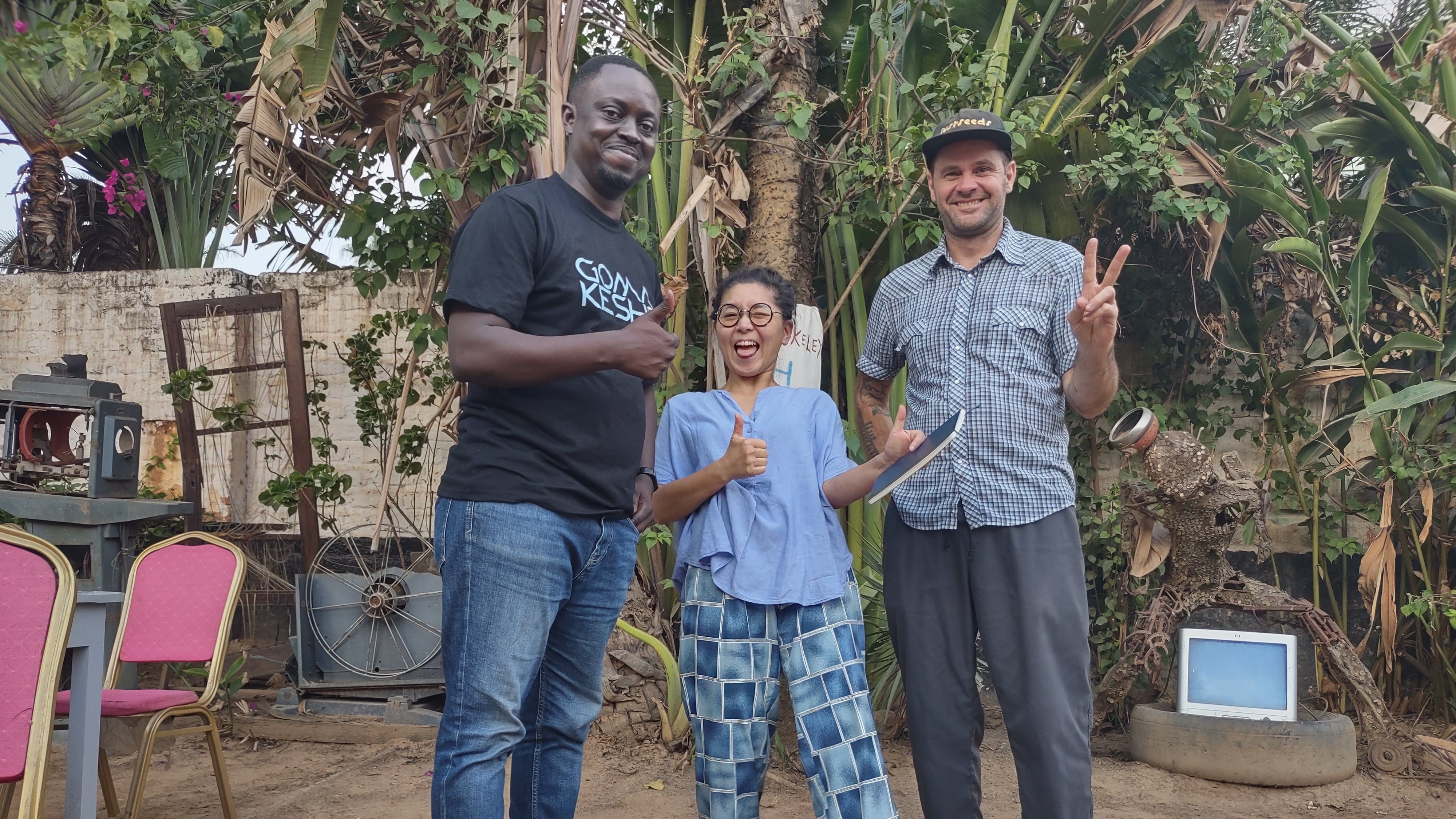Portland artist Roger Peet will present new and existing work alongside that of global creatives this week at Biennale de Lubumbashi, which runs Oct. 24–Nov. 24 in the Democratic Republic of the Congo’s second-largest city.
Themed “An Antidote to Toxicity,” Lubumbashi’s eighth biennial grapples with its region’s mining industry, which generates significant wealth for the DRC and powers some of the world’s most important industries at a staggering cost to the environment and the mining industry’s workers.
Peet, who has previously presented work at Biennale de Lubumbashi, will collaborate with Congolese artist Sixte Kakinda and Japanese artist Toshie Takeuchi on art exploring their respective countries’ relationship to the Shinkolobwe mine, the source of the Manhattan Project’s uranium and the inspiration for Black Panther’s vibranium.
“The people who own everything want us ignorant of one another, and they definitely don’t want us to start imagining that all of our struggles are connected,” Peet wrote in an Instagram post promoting his participation in the biennale.
Work that Peet showed last year at Portland’s Souvenir Gallery will also show in Lubumbashi’s Picha Arts Center. Work from the Souvenir Gallery show Dig Up the Sun includes a linocut map of Peet’s research into the Shinkolobwe mine and its ore’s impact on the rest of the world, like the Hanford Site on Washington’s side of the Columbia River Gorge. In a blog post he wrote last October for Dig Up the Sun’s gallery opening, Peet reveals a deeply personal connection to the Shinkolobwe mine, and opined on J. Robert Oppenheimer’s discomfort with his success as his eponymous biopic blew out last summer’s box office.
“That success was made possible by the stones of a Congolese mine, split and crushed until there was only the heart left to sunder,” Peet said. “The work of science and war has taken the world so far apart, and ourselves so far apart from it, that we can no longer remember what it means to be inside it. We orbit it now, like electrons; weightless, barely even there. These are the first microseconds of the long nuclear future, and the only thing that remains of us is our desire to see everything end.”

